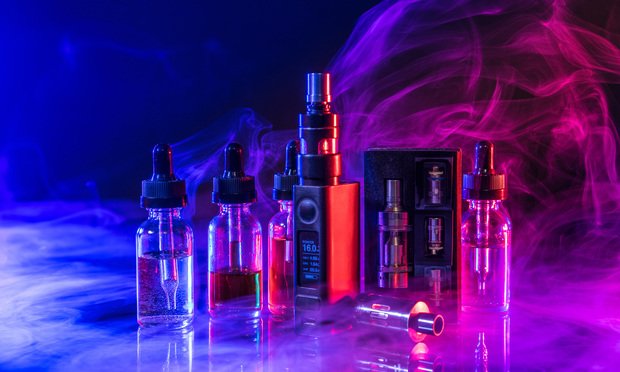 A consumer sued Aqueous Vapor for his injuries after an e-cigarette battery exploded in his pocket. The company sought coverage under its commercial insurance policy with Scottsdale Insurance Co., who denied coverage, citing the policy's products-completed operations hazard exclusion. (Credit: FOTOGRIN/Shutterstock.com)
A consumer sued Aqueous Vapor for his injuries after an e-cigarette battery exploded in his pocket. The company sought coverage under its commercial insurance policy with Scottsdale Insurance Co., who denied coverage, citing the policy's products-completed operations hazard exclusion. (Credit: FOTOGRIN/Shutterstock.com)
Scottsdale Insurance Company, an excess and surplus lines insurer, does not have to defend a suit brought against e-cigarette retailer Aqueous Vapor by a customer who suffered severe burns after e-cigarette batteries exploded in his pocket, according to a ruling by The U.S. District Court for the Western District of Missouri.
Recommended For You
Want to continue reading?
Become a Free PropertyCasualty360 Digital Reader
Your access to unlimited PropertyCasualty360 content isn’t changing.
Once you are an ALM digital member, you’ll receive:
- Breaking insurance news and analysis, on-site and via our newsletters and custom alerts
- Weekly Insurance Speak podcast featuring exclusive interviews with industry leaders
- Educational webcasts, white papers, and ebooks from industry thought leaders
- Critical converage of the employee benefits and financial advisory markets on our other ALM sites, BenefitsPRO and ThinkAdvisor
Already have an account? Sign In Now
© Touchpoint Markets, All Rights Reserved. Request academic re-use from www.copyright.com. All other uses, submit a request to [email protected]. For more inforrmation visit Asset & Logo Licensing.







